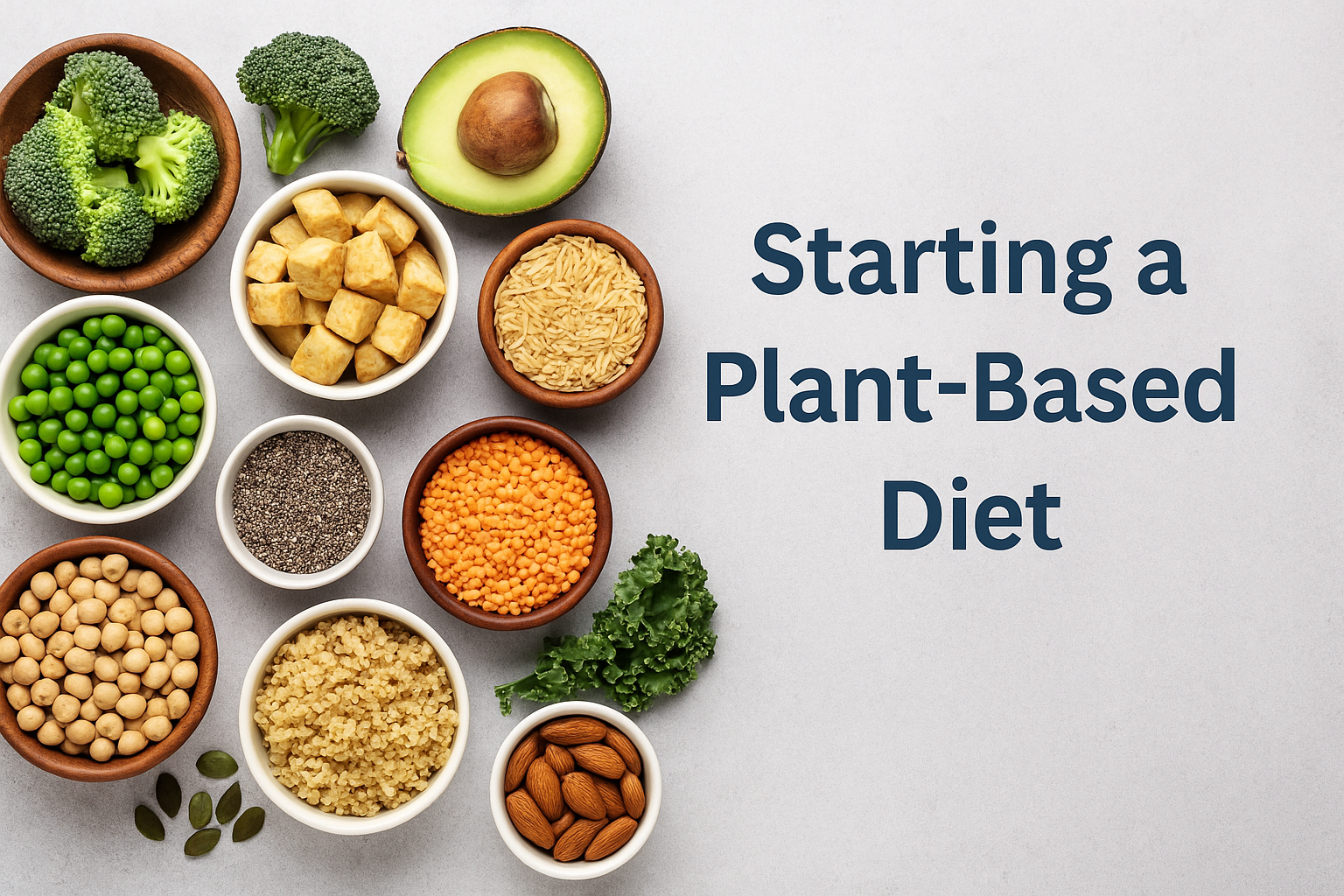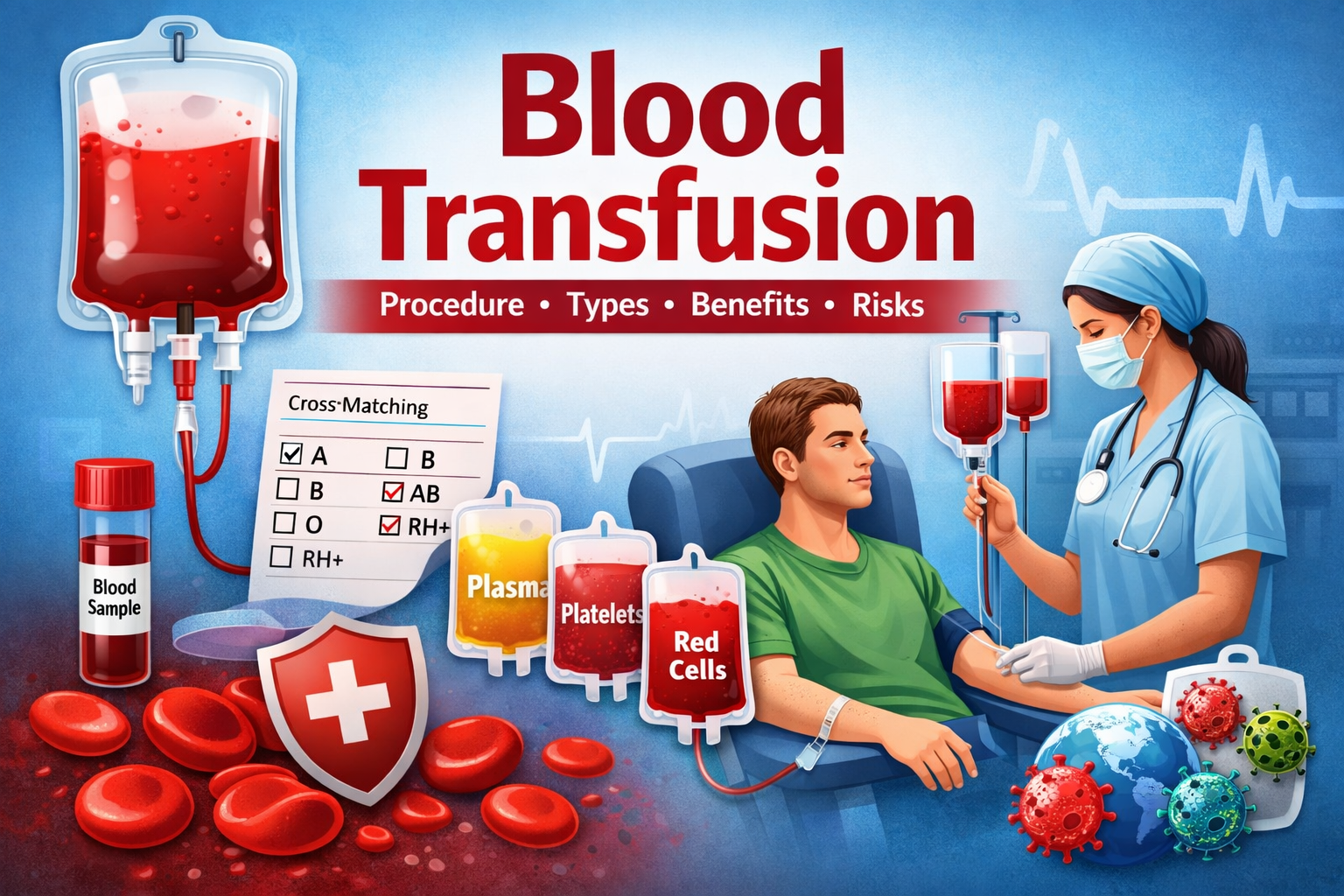With rising awareness about personal health and environmental sustainability, many people are transitioning to a plant-based diet. But what does that really mean, and how can you ensure you’re getting proper nutrition? This guide will walk you through everything you need to know before starting a plant-based lifestyle — from health benefits to essential nutrients.
What Is a Plant-Based Diet?
A plant-based diet emphasizes whole, minimally processed foods derived from plants. This includes:
- Fruits and vegetables
- Whole grains
- Legumes (beans, lentils, peas)
- Nuts and seeds
- Plant oils (olive, avocado)
It doesn’t necessarily mean going vegan or vegetarian. Some people on a plant-based diet may still include small amounts of meat, dairy, or fish occasionally.
Health Benefits of a Plant-Based Diet
- Improved Heart Health
Plant-based diets are rich in fiber, antioxidants, and healthy fats, all of which support cardiovascular health and help reduce the risk of heart disease. - Better Blood Sugar Control
For people with or at risk of type 2 diabetes, a plant-based diet helps regulate blood glucose levels due to the high fiber and low glycemic load. - Weight Management
Plant-based diets are naturally lower in calories and high in fiber, helping you feel full longer and promoting healthy weight loss. - Reduced Risk of Chronic Diseases
Studies show that plant-based eaters have a lower risk of certain cancers, high blood pressure, and even Alzheimer’s disease.
Nutritional Considerations
1. Protein
Common concern: “Where will I get my protein?”
✅ Sources: Lentils, chickpeas, tofu, tempeh, edamame, quinoa, nuts, and seeds.
2. Vitamin B12
Plant-based diets lack B12, which is vital for nerve and blood health.
✅ Solution: Fortified foods or supplements.
3. Iron
Plant sources of iron are less easily absorbed.
✅ Sources: Lentils, beans, spinach, pumpkin seeds + pair with Vitamin C for better absorption.
4. Calcium
Essential for bones and muscle function.
✅ Sources: Fortified plant milks, tofu, almonds, chia seeds, and leafy greens.
5. Omega-3 Fatty Acids
For brain and heart health.
✅ Sources: Flaxseeds, chia seeds, walnuts, and algae-based supplements.
Tips for Starting a Plant-Based Diet
- Start Slow: Try “Meatless Mondays” or switch one meal per day to plant-based.
- Plan Meals Ahead: To avoid nutrient gaps and ensure variety.
- Read Labels: Watch for added sugars, sodium, and preservatives in packaged plant-based foods.
- Stay Hydrated: High-fiber foods need adequate water intake.
- Listen to Your Body: Monitor your energy, mood, and digestion. Consult a doctor or dietitian if unsure.
Common Mistakes to Avoid
- Relying on Processed Foods: Just because it’s plant-based doesn’t mean it’s healthy.
- Skipping Key Nutrients: Not supplementing B12 or missing out on omega-3s can be risky.
- Eating Too Few Calories: Whole plant foods are less calorie-dense; ensure you’re eating enough.
Final Thoughts
Adopting a plant-based diet can be a life-changing step toward better health and well-being. With the right planning and nutritional awareness, it can provide all the necessary nutrients your body needs to thrive. Whether you’re doing it for health, the planet, or personal beliefs, the key is to make informed and balanced choices.


